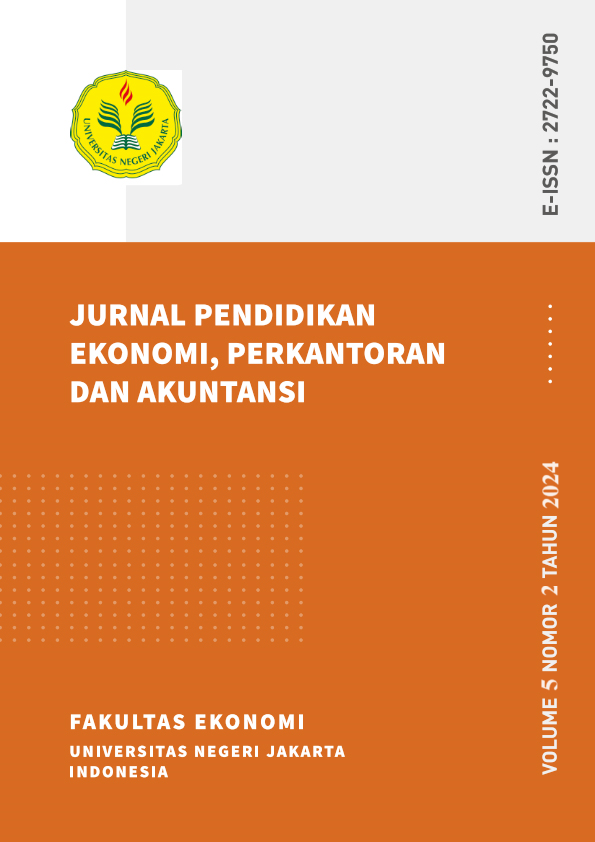DRIVERS OF SELF-REGULATED LEARNING: EXAMINING THE INFLUENCE OF MOTIVATION, SELF-EFFICACY, AND PEERS
Keywords:
Self-regulated learning, Learning motivation, Self-efficacy, PeersAbstract
The quality of students can be reflected through the success of their learning. If learning is done with full independence, the success of the learning process can be achieved optimally. This study aims to examine how peers, self-efficacy, and learning motivation have an influence on self-regulated learning (SRL). This study uses quantitative methodology and data is obtained directly using a questionnaire. The population is 352 grade XI students of Public Vocational School 13 Jakarta and sample of 187 respondents, determined through proportional random sampling techniques, then data processed using the SPSS program. The findings of the analysis revealed that learning motivation has a significant partial influence on SRL, self-efficacy has a significant partial influence on SRL, and peers have a significant partial influence on SRL. Then, learning motivation, self-efficacy, and peers have a significant simultaneous influence on SRL. The findings of this study are expected to be a guide in developing learning activities for self-regulated learning, which should be able to increase learning motivation, self-efficacy, and create a supportive peer environment.









